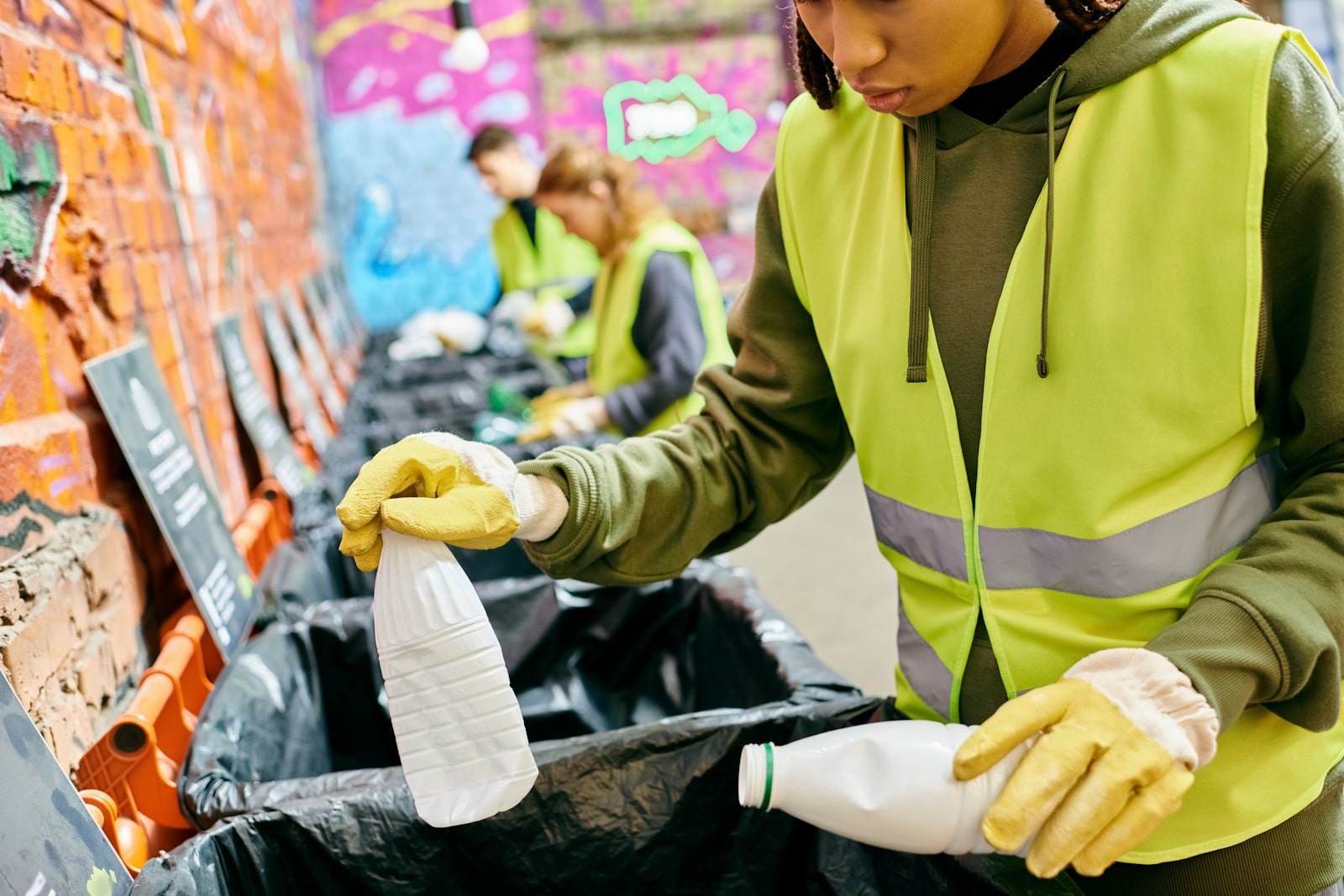The Evolution of Waste Management Services
Waste management services are essential for maintaining public health and sustainability, especially as urbanisation and industrialisation continue to grow. With increasing pressures on landfills and environmental concerns, innovations in technology and stricter regulations are reshaping the future of waste management services. In South Africa, emerging practices like landfill alternatives, reverse logistics, and evolving policies are transforming how waste is handled.
Landfill Alternatives: Emerging Technologies and Practices
Landfills have long been the primary method for waste disposal, but growing environmental concerns are pushing for alternatives. In South Africa, municipalities are increasingly turning to composting as a solution for organic waste. Composting diverts food scraps, garden waste, and other organic materials from landfills and turns them into nutrient-rich soil, benefiting the environment and agriculture.
Advanced waste treatment technologies, like gasification and pyrolysis, are also reducing landfill dependency. These processes convert waste into energy, offering a dual benefit of waste reduction and renewable energy production. South Africa is exploring these methods to improve waste management and energy generation.
Another significant approach is Waste-to-Energy (WTE), where waste is used to generate electricity. Countries such as Sweden have adopted WTE on a large scale, and South Africa is looking to integrate these solutions to reduce landfill use while addressing energy needs.
The circular economy model is also gaining traction. It focuses on designing products for reuse, recycling, and reduction, ensuring that materials stay in use for as long as possible. South Africa is beginning to adopt circular economy principles, which help minimise the waste sent to landfills and encourage sustainable production.
Waste Management Regulations and Policies in South Africa
Regulations play a key role in shaping effective waste management. In South Africa, the National Environmental Management: Waste Act (NEMWA) is central to the country’s waste management framework. It outlines waste minimisation and recycling targets, with an emphasis on producer responsibility. Local governments are required to ensure that waste is disposed of in an environmentally responsible manner.
Municipalities like Cape Town have set ambitious goals for waste diversion. The Zero Waste by 2027 initiative aims to divert 70% of the city’s waste from landfills by 2027. This strategy includes increasing recycling rates, improving composting facilities, and promoting waste-to-energy projects.
South Africa also adheres to the Basel Convention, an international treaty designed to reduce the movement of hazardous waste between countries. This commitment ensures that South Africa is aligned with global standards for waste management and environmental protection.
Reverse Logistics in Waste Collection
Reverse logistics is a growing practice that involves returning products or materials to their origin for reuse or recycling. This practice helps reduce landfill waste by ensuring that products are repurposed rather than disposed of.
In South Africa, e-waste management is a significant concern. The rapid growth of electronic devices has led to an increase in electronic waste, much of which ends up in landfills. However, companies are increasingly implementing reverse logistics strategies to collect old electronics, refurbish them, or recycle them.
Leading companies like A-Thermal have embraced reverse logistics in their business models. Their take-back programs ensure that electronic products are properly recycled or repurposed, contributing to sustainability and reducing e-waste. This practice extends beyond electronics to other industries, such as automotive and textiles, which are adopting reverse logistics to enhance product life cycles and reduce waste.
Case Studies of Effective Waste Management Services
Several case studies demonstrate the success of innovative waste management services in South Africa.
Cape Town’s Zero Waste to Landfill Initiative is one example. The city is working towards diverting 70% of its waste from landfills by 2027 through recycling, composting, and waste-to-energy strategies. This ambitious goal is supported by local government, businesses, and community initiatives to foster a culture of waste reduction and sustainability.
A-Thermal, a leader in sustainable waste management, has implemented a successful reverse logistics model. Their e-waste recycling programme has helped divert electronics from landfills, ensuring proper disposal and recycling. This initiative demonstrates how reverse logistics can contribute to reducing waste and supporting a circular economy.
Internationally, Sweden’s Waste-to-Energy Programme serves as a model for other countries. Sweden’s ability to turn waste into energy has helped reduce its reliance on landfills, while providing a renewable energy source. South Africa is exploring similar solutions to address its waste challenges.
The Future of Waste Management Services
The future of waste management services is evolving rapidly. Technological advancements, stricter regulations, and the adoption of circular economy principles are driving the industry forward. South Africa is well-positioned to benefit from these innovations, especially as municipalities and businesses continue to embrace sustainable waste management practices.
As governments push for stricter environmental policies and more companies adopt circular economy practices, waste management services will play an even greater role in protecting the environment. Innovations such as smart waste management systems, advanced recycling processes, and energy recovery technologies will continue to shape the industry.
At A-Thermal, we are committed to helping businesses reduce their environmental impact through sustainable waste management solutions. If you want to improve your company’s waste management practices and contribute to a greener future, contact us today.







